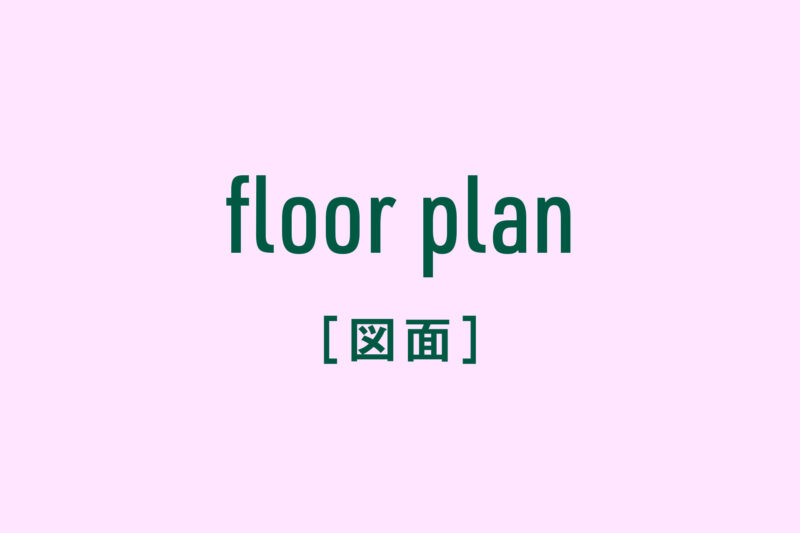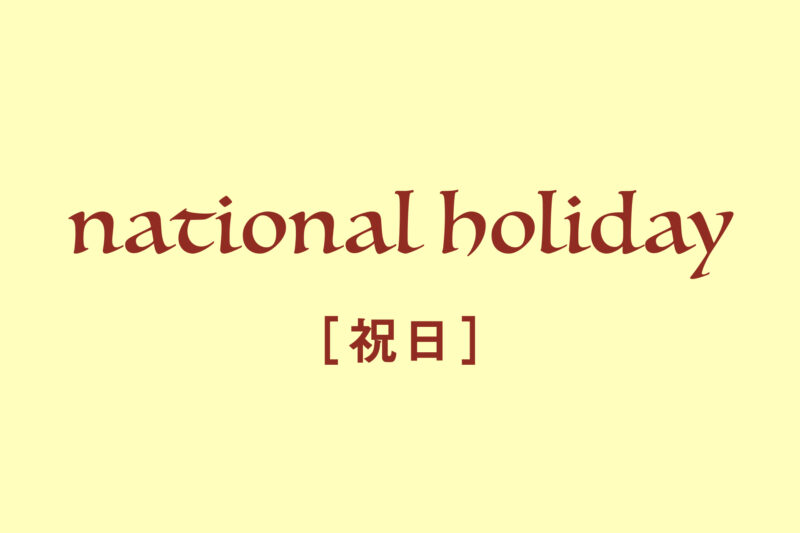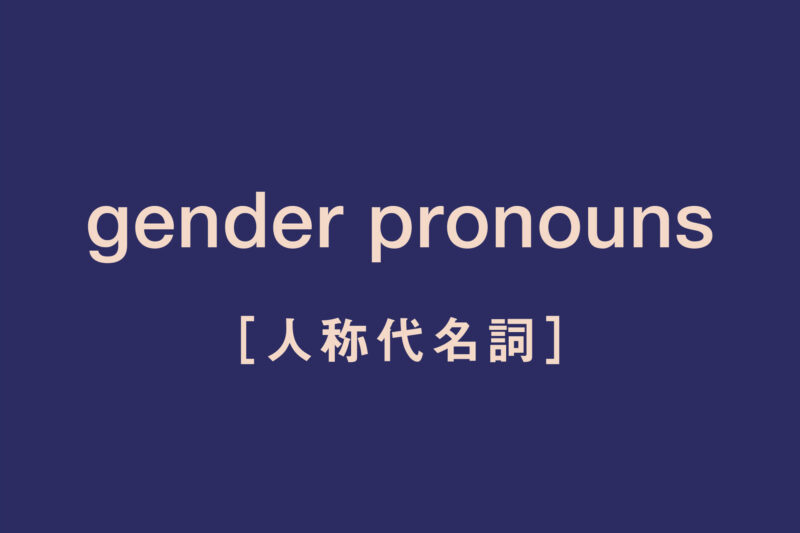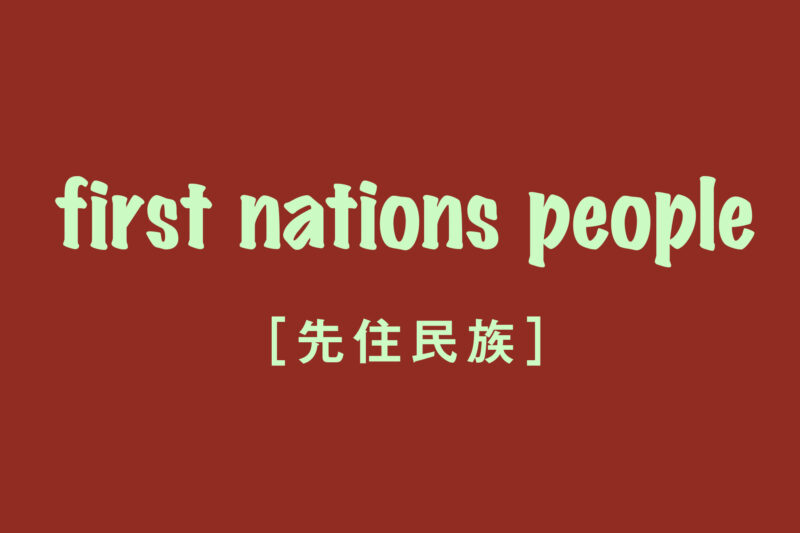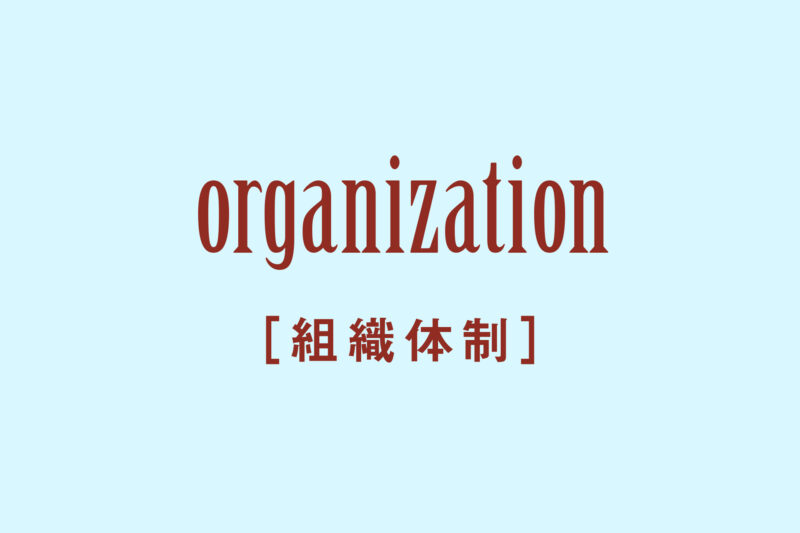Tips & Notes
Conveying openness to negotiation or change in English
 2025.09.12
2025.09.12
*This article offers tips for Japanese speakers taking on the challenge of communicating in English.
When discussing matters such as exhibition budget, number of works, or length of stay with an overseas counterpart, you will find you often need to say something like “That hasn’t been decided yet” or “We’d like to discuss it.” In such cases, there are several useful phrases that you could choose between depending on the nuance you want to convey.
Using the word “flexible” is effective when you want to show flexibility regarding dates and other conditions.
Example: We can be flexible regarding start date.
If you want to convey that you need to discuss details with your counterpart before deciding, expressions like “Open to discussion” or “To be discussed” sound natural.
Example: The number of works is open to discussion.
You can also use the abbreviation TBD (to be determined) to indicate that a matter has not yet been decided but is on your radar. TBD is also commonly used in both business and art.
Example: The installation schedule is TBD.
“Negotiable” is the standard term when you want to indicate that there is room for negotiation on prices or other conditions. If, for example, you want to negotiate the price of something at a store, you could try asking something like this:
Example: I really like this material. Is the price negotiable if I buy in bulk?
Using expressions like these according to situation conveys your readiness to be flexible and avoid misunderstandings. In international collaboration, choosing the right words to diplomatically frame uncertainty is an important communication skill.
Point!
Learning expressions for negotiation and coordination is always beneficial.


